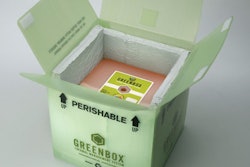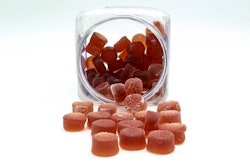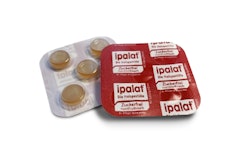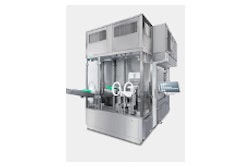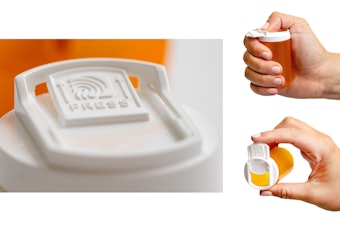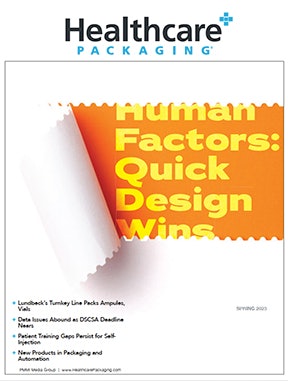However, when approached from an “intelligent design” focus, their impact can be lessened.
Disposable, single-use drug delivery systems (injection, inhalation, topical and intranasal) offer benefits over refillable devices, including improved patient compliance.
However, these benefits are outweighed by the negative impact on the environment. So the question is, how can a designer mitigate some of the environmental factors?
Daniel Lintell and Robert Veasay of U.K. design firm DCA Design surprised the crowd at Pharmapack by saying that original material selection and intelligent design have a greater impact on the environment than manufacturing, transportation, or usage and disposal.
Working with a U.K. sustainability expert, DCA Design developed a tool, based on the Eco-Indicator methodology, that assigns points for various environmental factors. Life Cycle Analysis is too complex, they said, takes too long, and often does not have all the information to perform a good LCA.
This tool helps a designer see quickly how various decisions about the manufacturing, packaging, transportation, use, and disposal impact the sustainability of a device.
So designers of disposable medical devices/drug delivery products need to look at material selection, as well as engineering concepts that reduce the weight of the materials or the number of parts in an assembly, while still offering good performance.
—Jim Chrzan, Publisher
Pharmapack 2010: 'Intelligent design' lessens environmental impact
Although growing popularity, disposable drug delivery devices' impact on the environment is not positive.
Feb 24, 2010


